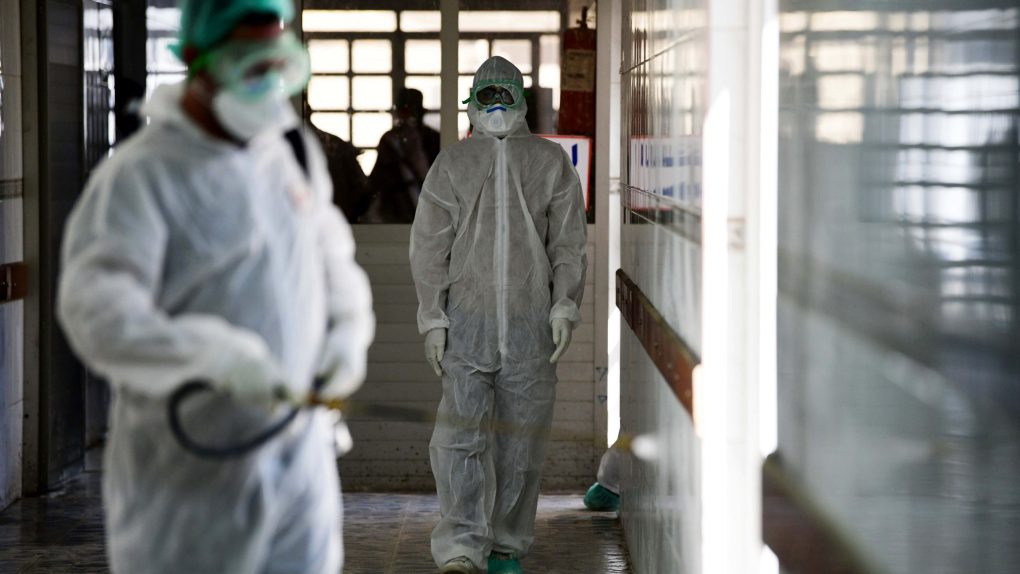- French pharmaceutical company Sanofi said it’s ready to assist the government with millions of doses of a drug that could help treat 300,000 coronavirus patients.
- Test with anti-malaria Plaquenil showed that the COVID-19 virus disappeared after six days in 75% of patients in a limited study.
- The government said the results were promising, but they need to be validated by more extended, independent trials before going forward.
- Visit BGR’s homepage for more stories.
Staying home and washing our hands are two simple things we all can do to give hospitals the time they need to treat severe coronavirus cases and authorities the time they need to procure critical medical supplies (ventilators and COVID-19 test kits) and come up with measures that will prop up the economy when this is over.
At the same time, researchers need time to study the virus closely, to understand how it works and how it can be defeated. Doctors in Australia have published a study that shows how the immune system kills the infections, while several laboratories around the world are working on vaccines. On top of that, doctors are experimenting with all sorts of drugs that could speed up the recovery of patients. One of them is a flu medication from Japan called favipiravir (Avigan), which showed promise in China. Another even more surprising potential COVID-19 treatment is hydroxychloroquine (Plaquenil), which France is currently considering for future trials.
French pharmaceutical company Sanofi said it was ready to offer the government millions of does of Plaquenil, which could treat as many as 300,000 patients, Agence France-Presse reports. A limited study showed promising results in Marseille, France, where Professor Didier Raoult treated 24 COVID-19 patients with the drug. Six days after starting the Plaquenil therapy, the virus disappeared in 75% of the cases.
Sanofi told AFP it’s ready to work with French health authorities to confirm the results obtained by Raoult.
The French government said the trials will be extended to more patients, as there’s no scientific proof to back up the findings of the first test. An independent team of researchers will carry out the new trials, while others advised caution until more studies are available. Apparently, the Plaquenil therapy, a drug also used to treat autoimmune diseases like lupus and rheumatoid arthritis, might have undesirable effects, including overdoses.
“I have taken note of the results and have given the authorization so that a larger trial by other teams can be initiated as soon as possible on a larger number of patients,” said health minister Oliver Veran. He said that he hoped the new tests will consolidate the findings of Professor Raoult, but he added that “it is absolutely fundamental to base any decision of public health policy on validated scientific data and the validation processes, one cannot negotiate with.” Veran warned a few days ago against the use of Ibuprofen and other NSAIDs to treat COVID-19 symptoms, a move that sparked some controversy in the days that followed, as other medical professionals said more studies are needed to back up these early conclusions.
Separately, Sanofi is working on a vaccine against the coronavirus and created a fund to support other research from the Assistance Publique-Hôpitaux de Paris (AP-HP).








